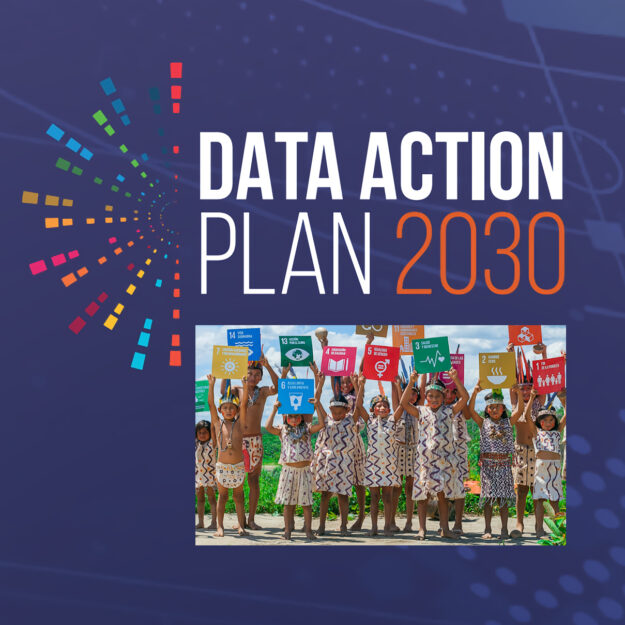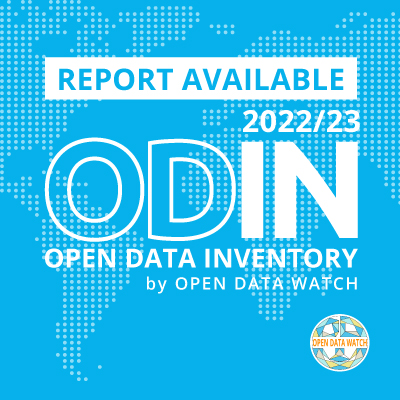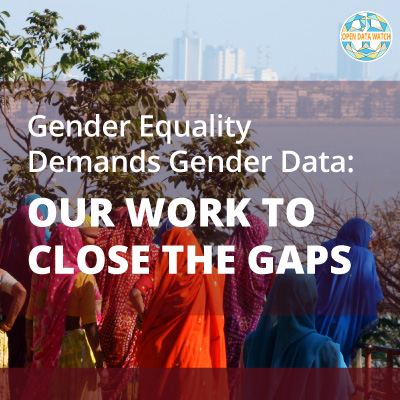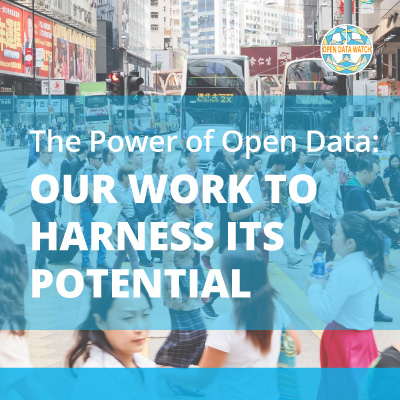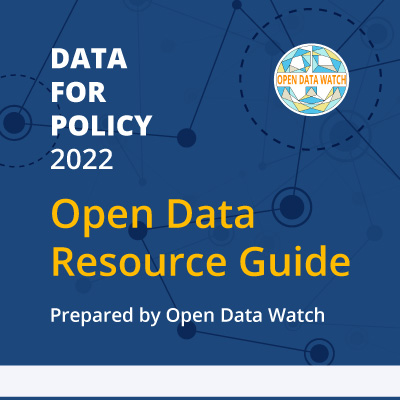Filling Gender Data Financing Gaps: Development Assistance
Focusing on individual transaction data from ODA projects, this research analysis shows how adequate financing of reliable and nuanced gender data can identify and address gender disparities with truly effective policies, interventions, monitoring and accountabiliy.







